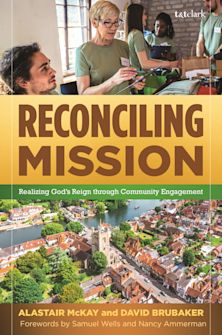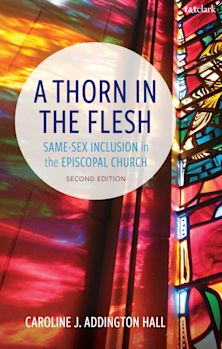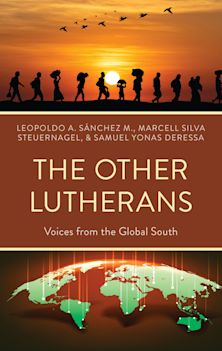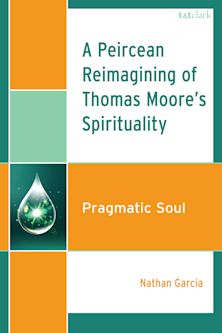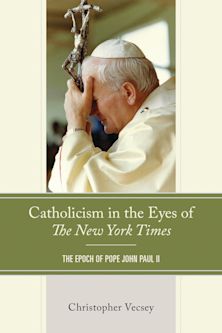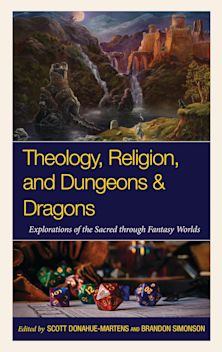Unconscious Christianity in Dietrich Bonhoeffer's Late Theology
Encounters with the Unknown Christ
Unconscious Christianity in Dietrich Bonhoeffer's Late Theology
Encounters with the Unknown Christ
This product is usually dispatched within 1 week
- Delivery and returns info
-
Free CA delivery on orders $40 or over
Description
In the last years of his life, Dietrich Bonhoeffer began work on an idea that he called unbewußtes Christentum, "unconscious Christianity." While Bonhoeffer’s other ideas from this period have been extensively studied and are important in the field of theology and beyond, this idea has been almost completely ignored. For the first time in Bonhoeffer scholarship, Eleanor McLaughlin provides a definition of unconscious Christianity, based on a close reading and analysis of the texts in which Bonhoeffer mentioned the term. From a variety of surviving texts, from a scribbled marginal note in his Ethics manuscript to the fiction he wrote in prison, she constructs a detailed definition of unconscious Christianity that sheds light not only on Bonhoeffer’s late work but his theological development as a whole.
Table of Contents
Part 1: Constructing a Definition of Unconscious Christianity
Chapter 1: Bonhoeffer as a Member of the Bürgertum
Chapter 2: Unconscious Christianity in Four Texts
Chapter 3: Defining Unconscious Christianity
Part 2: Situating Unconscious Christianity within Bonhoeffer's Theology
Chapter 4: Unconscious Christianity in Context: Within Bonhoeffer's Late Theology and Secondary Literature
Chapter 5: Unconscious Christianity as a Shift within Bonhoeffer's Theology
Conclusion: The Impact of Unconscious Christianity on Bonhoeffer Studies and Contemporary Theology
Product details
| Published | Mar 27 2020 |
|---|---|
| Format | Hardback |
| Edition | 1st |
| Extent | 224 |
| ISBN | 9781978708259 |
| Imprint | Fortress Academic |
| Illustrations | 5 b/w photos; |
| Dimensions | 228 x 161 mm |
| Publisher | Bloomsbury Publishing |
Reviews

ONLINE RESOURCES
Bloomsbury Collections
This book is available on Bloomsbury Collections where your library has access.












